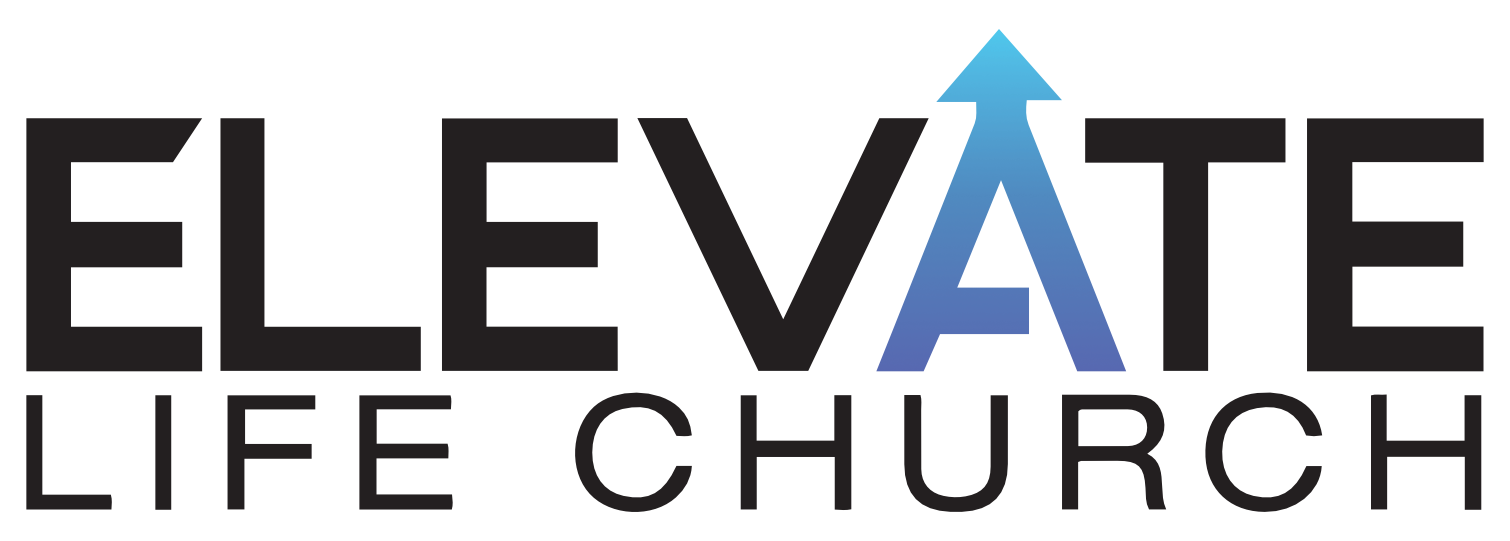Don’t Blink by Pastor Jim Moon III
Our eyes take in information at a speed that our brains cannot adequately process. This often leads to snap judgments about people and situations that leave a lot of room for error. In my view, the scariest part of this situation is that, without us being overtly aware of the information our eyes take in, we evaluate it based on factors including our family of origin, education level, social status, race, economic privilege, and spiritual values.
Let me break this idea down for you. A homeless person is lying on a piece of cardboard that they have placed on an outdoor heat vent. What is it that you see? Some simple responses might be: “They must be drunk.” “Probably a drug addict.” “Let’s get out of here, they might rob us.” “Our city needs to clean up these streets.” “Dirty people.” Before we can blink an eye we’ve already decided so much about a person we’re encountering for the first time.
The human tendency to “judge a book by its cover” has significantly colored our biases, characterized our discrimination, and swelled our stereotyping. Our snap judgments overpower our decision making and it is only when we can become aware of the information, process it more slowly, and critically analyze the situation that we can treat people as fellow humans that occupy the same space. This past summer I had a life transforming experience. I led a team of teenagers on a mission trip to Atlanta, Georgia. We spent our time there learning about the rich history of the Sweet Auburn neighborhood. Sweet Auburn is the neighborhood where Martin Luther King Jr. grew up. The Sweet Auburn neighborhood is also home to Ebenezer Baptist Church. This is the church where both Dr. King and his father were pastors.
A picture of Dr. Martin Luther King Jr. hangs in my office. He is a person I revere for his passion, his all-encompassing boldness, and his deep conviction that love always prevails. Even though I learned a lot about him while in Atlanta, that learning is not what changed my life. Part of our days were spent reaching out to the nearly 3,000 homeless men, women, and children that live in Atlanta. What changed my life was an awareness that rushed over me that every person has a story to tell. We all possess the ability to offer disenfranchised people a gift. The gift we have to offer is an ear to listen. Most of the homeless people I’ve met would rather have a conversation than a handout.
Human beings are more vicious than lions, bears, or tigers. When we see other people’s poor choices, the result seems to be like blood in the ocean. The sharks start circling. We may find ourselves making snap judgments about other people’s decisions. “Well, why don’t they just….” “It’s time for them to grow up.” “Why does she keep going back?” “Can’t they keep a job for more than a week?”
This may be earth shattering news, but people do not all process things the same way. One person’s attempt at “doing the best with what they’ve been given” may look different than another person’s method of “doing their best with what they’ve been given.” You may see options that another person has that they don’t even know exist.
I do not want to over simplify my point, because there are many factors that create and form a human mind. An object lesson that has helped me is that of thinking about human minds as if they are similar to computers. Computer technology has taken a quantum leap in the 37 years since I was in Kindergarten. I remember going into my first grade class and seeing my first computer (Home computers were made available to the public on January 1, 1982). The computer looked like a small robot from a sci-fi thriller. It had a green screen and small green print that would go across the screen. The computer read floppy disks in order to determine what function was needed.
A few months ago I purchased a new Samsung laptop with a CORE i7 8th Generation processor. There is a huge difference between my first computer and the one I currently use. In between the two there have been literally thousands of different computers that all process information differently. To my way of thinking, human minds are also very different from one another. Some process like the green screen computer of my elementary years and others process like the CORE i7 8th Generation. All human minds have value but there is a full gamit of ways they process information. IQ, learning disabilities, autism, physical abuse, mental abuse, sexual abuse, and many other factors contribute to the way individuals process information and make choices.
Whether you are a Christian or not, I believe that Jesus provides us with a simple way to view the differences in human minds and choices. Jesus says, “Love your neighbor as yourself.” Loving our neighbor as ourselves means showing them grace. Loving our neighbor as ourselves means giving them the benefit of the doubt. Loving our neighbor as ourselves means acting with compassion towards them. Loving our neighbor as ourselves means looking out for their wellbeing. Loving our neighbor as ourselves means offering them a servant’s heart. Loving our neighbor as ourselves means speaking kindly and listening empathetically. Loving our neighbor as ourselves means forgiving when forgiveness is needed. In order to love this way, our minds- especially the judgments we make about people and their decisions, are going to have to be altered. In order to make this change, we must continually ask the question, “How would I want to be treated if I were in their circumstances?” Then we must treat the “other” in this manner. When we accomplish this, we will find that we live differently and love others more completely.
